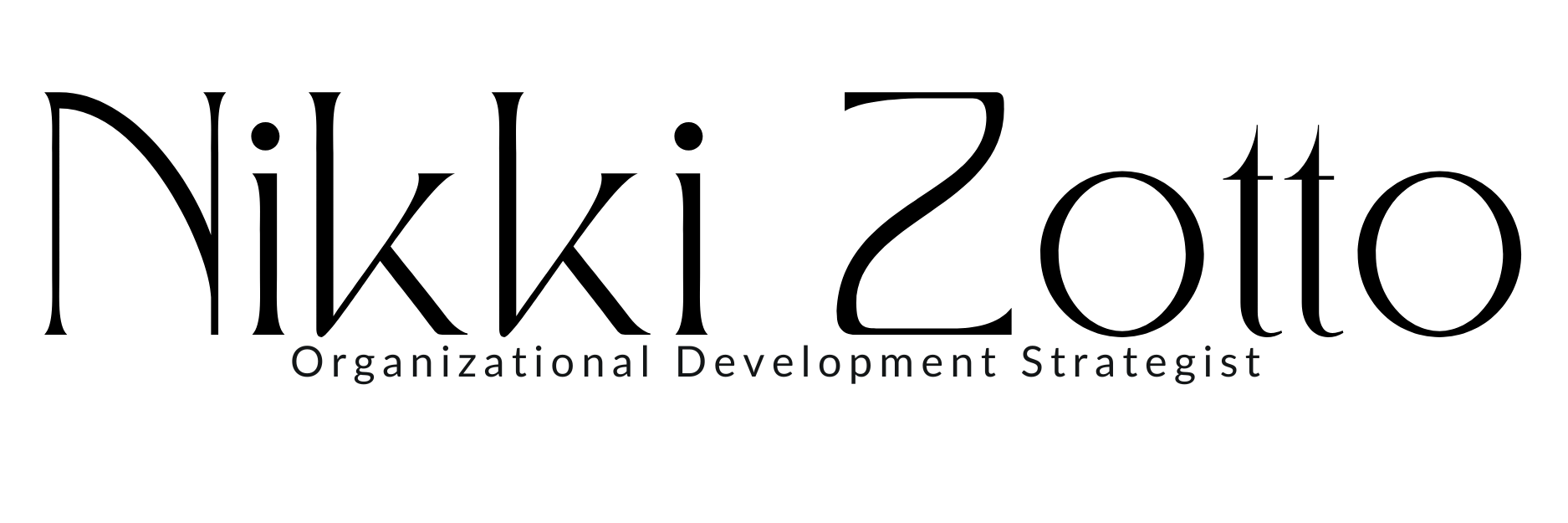New Rules on the Block
In the fast-changing real estate industry, adapting to new rules and regulations is crucial for maintaining compliance and staying competitive. With significant changes coming into effect in the near future, it's vital for real estate brokerages and associations to prepare their licensees for the adjustments.
Research by Bagga et al. (2023) points out that the success of implementing changes largely depends on a positive organizational culture and the ability to adapt. Effective change management relies heavily on the skills of those leading the change, including their ability to communicate clearly and maintain engagement throughout the process. It’s important for all stakeholders to be involved and for licensees to feel motivated and supported.
To facilitate this transition, it’s essential to foster an environment where open communication, respect, and shared values are at the forefront. Real estate professionals will be more receptive to new policies if they see how these changes align with their client’s goals. On the flip side, common obstacles to successful change include unclear vision, insufficient leadership, lack of training programs, and poor communication.
Addressing the importance of effective training for real estate agents is vital, especially in preparation for potential legal issues or business disruptions. Comprehensive training programs are crucial as they equip agents with the necessary tools to avoid lawsuits, adapt to change, and successfully navigate challenging markets. According to Cross (2002), real estate brokers emphasize the importance of 'risk reduction' courses, often led by attorneys, to minimize legal issues. These courses focus on imparting thorough legal knowledge and fostering strong early connections with clients, which are essential for smooth transactions. However, even well-prepared agents can face challenges, as shown by Dunphy’s (2023) research, which indicates that agents with past experience overcoming difficulties were better equipped to handle disruptions during the COVID-19 pandemic.
By enhancing leadership skills, ensuring transparent communication, and engaging everyone in the brokerage, real estate businesses can reduce resistance and increase support for the upcoming changes. Furthermore, by integrating comprehensive training in legal issues and market challenges, brokers can help alleviate stressors for their agents during these times. According to Bagga et al. (2023), creating a supportive culture with strong leadership is key to a smooth transition. This approach will help brokerages effectively navigate the new landscape under the latest regulations, ensuring they remain competitive and compliant.


